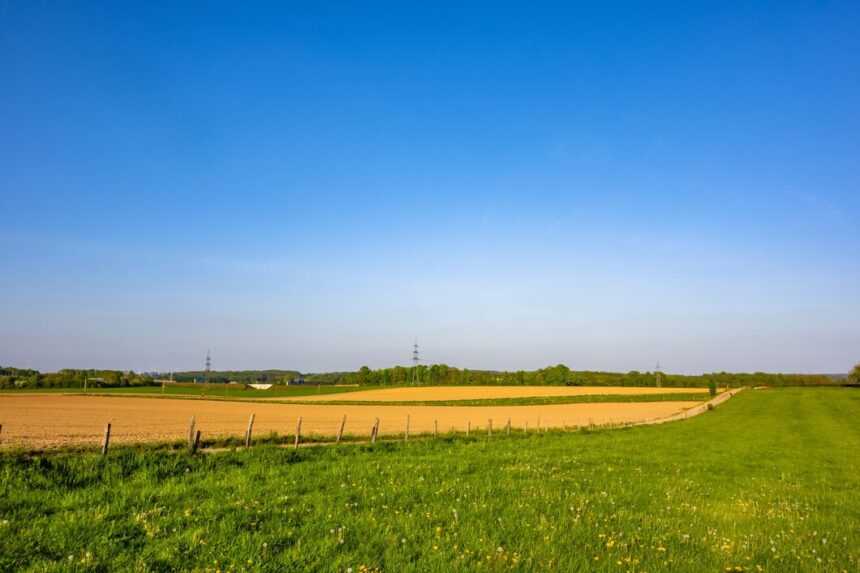Land reclamation is a crucial process for South African farmers aiming to restore degraded land to productive use. In a country with diverse ecosystems and varying climatic conditions, farmers can employ several techniques tailored to their specific needs and challenges. Here are ten effective techniques for land reclamation in South Africa:
- Conservation Tillage: Implementing conservation tillage practices such as no-till or minimum tillage helps to reduce soil erosion, improve soil structure, and retain moisture, particularly in arid regions like the Karoo.
- Cover Cropping: Growing cover crops during off-seasons or as part of a rotation helps to maintain soil fertility, reduce erosion, and suppress weeds. Species like legumes also fix nitrogen, enhancing soil health.
- Terracing: In hilly or sloping terrain prone to erosion, terracing helps to create level platforms that reduce water runoff, allowing for better water infiltration and preventing soil loss.
- Agroforestry: Integrating trees and shrubs into farming systems not only provides additional income streams but also improves soil fertility through nutrient cycling and enhances biodiversity.
- Water Harvesting: Installing systems for water harvesting, such as contour bunds, check dams, or swales, captures runoff during rainy seasons, replenishing groundwater and enhancing soil moisture.
- Organic Farming Practices: Adopting organic farming methods reduces reliance on synthetic inputs, preserves soil biodiversity, and improves soil structure and fertility over time.
- Soil Amendments: Applying organic matter like compost or manure enriches soil fertility and enhances its ability to retain moisture and nutrients, crucial in regions with nutrient-poor soils.
- Windbreaks: Planting windbreaks with trees or shrubs along field edges protects crops from wind erosion, reducing soil loss and creating microclimates that benefit crop growth.
- Precision Agriculture: Using technology for precise application of inputs such as fertilizers and irrigation water minimizes waste and ensures that nutrients are used efficiently by crops.
- Community-Based Approaches: Engaging local communities in land reclamation efforts through participatory approaches fosters sustainable land management practices and ensures long-term success.
Each of these techniques can be adapted and combined based on local conditions, soil types, and farming objectives. By implementing these strategies, South African farmers can contribute to restoring degraded lands, improving agricultural productivity, and ensuring environmental sustainability for future generations.
Join 'Farmers Mag' WhatsApp Channel
Get the latest Farming news and tips delivered straight to your WhatsApp
CLICK HERE TO JOIN






